
Acne is one of the most common skin conditions & nearly 75% of people will suffer from it in their lives. Acne is something anybody would like to keep away if they have a choice. You get up in the morning with a lot of excitement thinking about the important meeting or date, but all that excitement will go in vain once you observe a big pimple on your cheek. You might have constantly canceled the meetings because of inappropriate breakouts. Many people among us might have faced similar situations in their life and How bothersome it might have been every time.
However, acne can be successfully treated with proper medication and remedies. If your acne is severe, It is always ideal to consult an expert dermatologist. This article helps you to understand what Acne is all about, What are the causes of the formation of it, What could be its possible treatment and various ways where you can try to get rid of them.
Acne is a skin condition that affects the skin’s oil glands and hair follicles. The small pores under the skin connect to oil glands and form into an oily substance called sebum. These pores connect to the sebaceous glands by a canal called a follicle. Inside the follicles, oil carries dead skin cells and thin hair also grows through this follicle. Sometimes, the hair, sebum, and dead skin cells bump together into a plug and the bacteria in the plug which leads to swelling. Then when the plug starts to break out, a pimple grows.
Acne appears on the face, forehead, chest, upper back and shoulders. Acne is common among teenagers and also affects people of all ages. Depending on the severity, acne can create emotional distress and scar the skin. The earlier you start treatment, the lower your risk of having black spots on your face.
Pores in your skin are due to the opening of a follicle. The follicle is made up of hair and a gland called the sebaceous gland or oil gland. Sebum Oil which is released by the sebaceous glands or oil glands travels up the hair, out of the pore, and onto the skin. The sebum which is extracted keeps your skin lubricated and soft. Acne occurs when..
The above all problems contribute to the development of pimples. However, there is no particular reason for a person to develop acne. Certain conditions may aggravate the condition of acne, including...
Acne primarily occurs due to hormonal conditions driven by the hormones called androgenic. These hormones are very much active during the teenage years. Sensitive to such hormones, combined with bacteria on the skin and fatty acids within sebaceous glands cause acne. This is the reason teenagers are prone to acne more. Pregnancy, puberty, menstrual cycles in women, birth control pills, are the hormonal changes that contribute to acne.
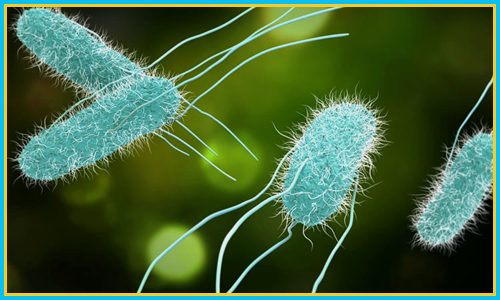

Studies suggest that stress contributes to the growth of acne. Stress alone doesn’t cause acne but it’s evident that stress can trigger breakouts and make the existing acne problems worse. Greater the stress, the more pronounced the breakout. Research also indicates that acne can be reduced by using a relaxation therapy process.
Genetic predisposition of acne is proven and plays a vital role in the severity and also on the type of acne you acquire. Few families may have a hereditary tendency to overproduce dead skin cells which may lead to more clogged pores, which can produce acne. Some families may have a genetic tendency to overproduce sebum, which leads to oily skin that can block bacteria in pores, which results in more breakouts.
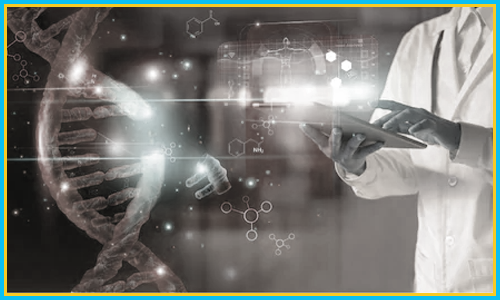
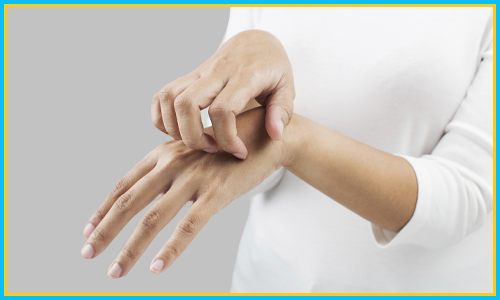
Hot and Humid climates can stimulate oil production in the body and dehydrate your skin. This leads to excess sebum production in the body and causes acne.
Acne can be categorized into Non-Inflammatory acne and Inflammatory acne
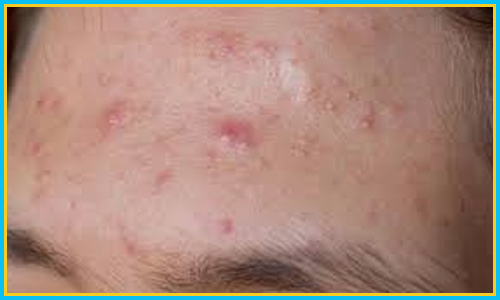
Noninflammatory acne doesn’t cause swelling and includes blackheads and whiteheads. These types of acne respond well to over-the-counter (OTC) treatments.
Blackheads are tiny, black colored bumps that are clearly visible on the surface of the skin. Blackheads occur when a pore is clogged by the combination of sebum and dead skin cells. The top of pore stays open and the rest of it being clogged. They are not the result of dirt they are just whiteheads that have opened up. Scrubbing your face vigorously when you see blackheads will not help and it becomes even worse.
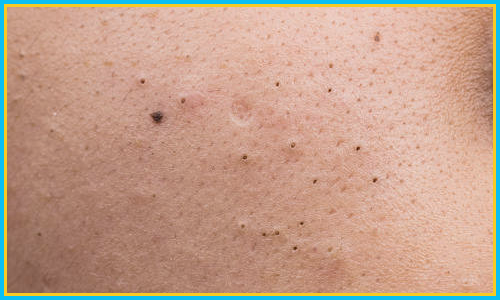
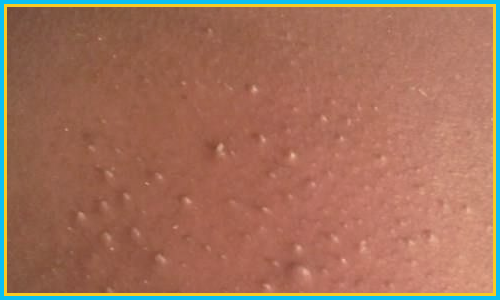
A Whitehead looks like a small bump protruding from the skin and they form when a pore gets clogged by sebum and dead skin cells. But unlike blackheads, the top of the pore closes up in whiteheads and are more difficult to treat because of closed pores. This type of acne doesn’t form any scars.
Pimples that are red and swollen are referred to as Inflammatory acne and they can cause scarring. Both Sebum and dead skin cells contribute to inflammatory acne. Bacteria also play a role in inflammatory acne and can cause an infection beneath the skin surface by clogging up pores. This results in painful acne scars that are hard to get rid of. This type of acne includes papules, pustules, nodules, and cysts.
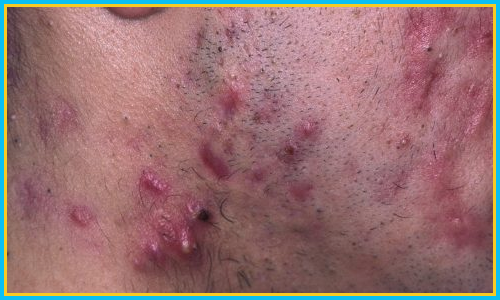
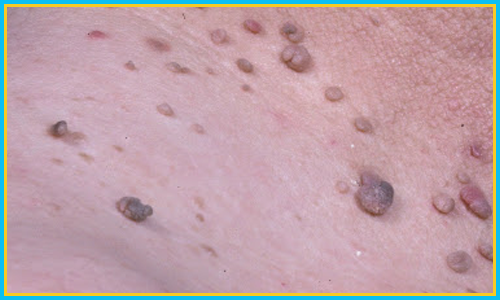
A papule is a small red/pink raised bump that is visible on the surface of the skin. A papule doesn’t have a pus-filled center.
A pustule is a defined bump on the surface of the skin and the base of the bump is usually pink or red and has a white or yellow pus-filled tip on red bumps.
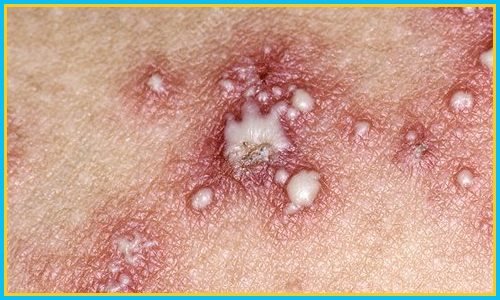
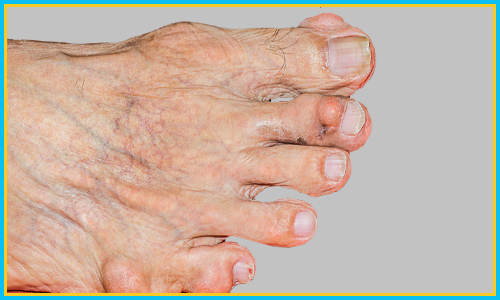
A nodule is clearly visible and has a large, painful and inflamed lump that is embedded deep under the surface of the skin.
A cyst is the most severe form of acne and can easily cause scarring because it is situated deep within the layers of the skin. It is clearly visible beneath the surface of the skin with a large bump and a pus-filled center.
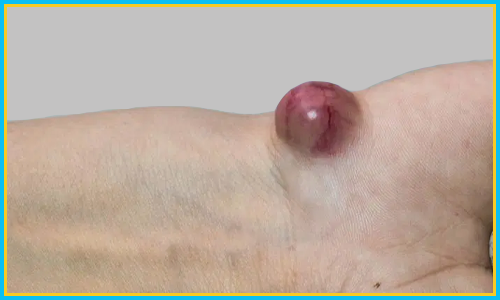
It is very important to follow a basic skincare routine to keep your skin healthy and radiant. The following are the few tips that help you in preventing acne.
Follow the above skincare regimen that helps your skin maintain its pH levels and prevents clogging.
Whenever you feel that the acne is getting worse, it is leaving a scar, medicines or home remedies are not working and causing a lot of emotional stress, do consult a dermatologist for your betterment.
If you are located in Nallagandla and you need a local dermatologist, turn to Dr. K. Sai Sandeepthi MD Dermatology fellow in cosmetology and lasers.
Additionally, Dr. K. Sai Sandeepthi can help you choose the best products, and optimize your daily skincare regimen. Call us for an appointment
+91-63055 35324
